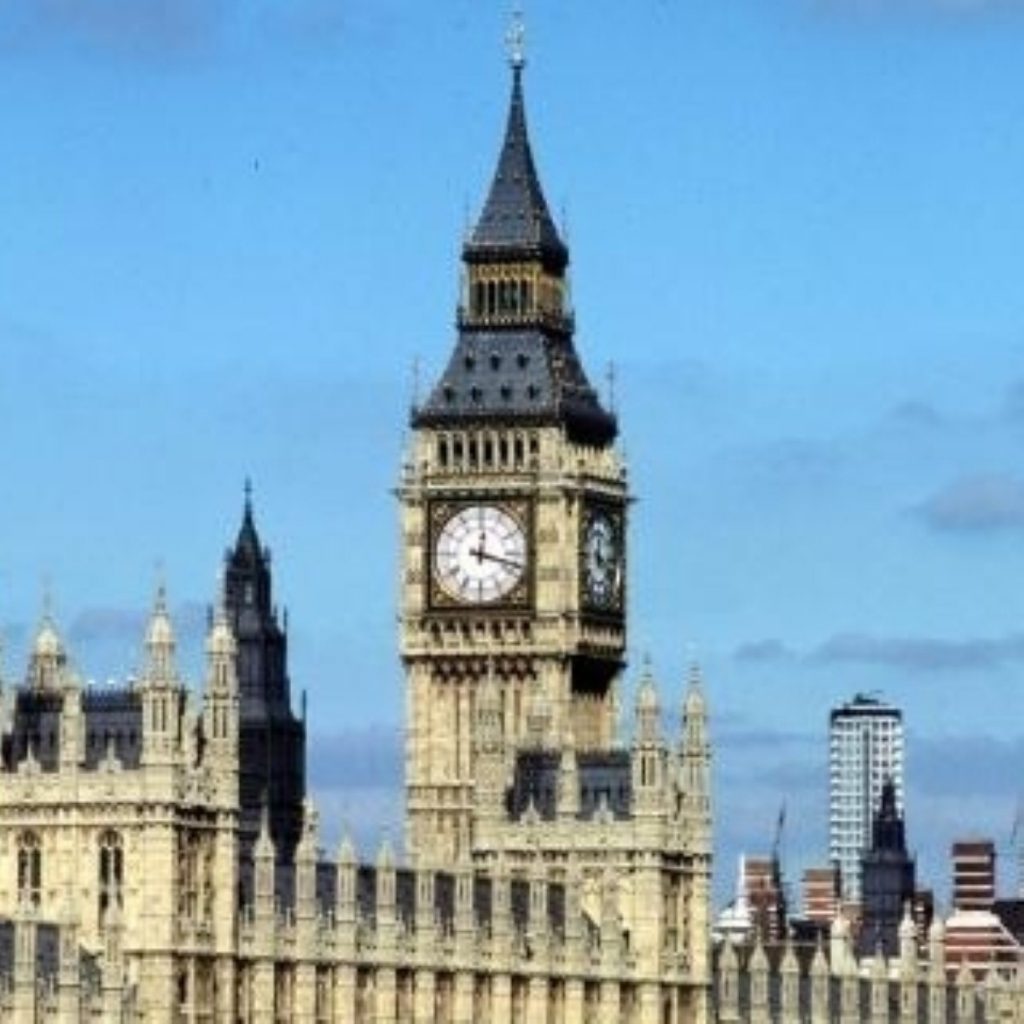Lords rule no right to sue for ‘torture’
The law lords have today overturned a ruling allowing four men who claim to have been tortured by Saudi Arabian officials to sue for compensation.
Britons Sandy Mitchell, Les Walker, Ron Jones and Canadian Bill Sampson are prevented from taking action under the state immunity act 1978, which protects governments and their officials from prosecution.
The court of appeal said in 2002 that although the law prevented the Saudi government being sued, action could be taken against individual officers. However, the law lords today rejected this claim.
In response, the men said they would take their case to the European court, and Mr Sampson warned: “This state immunity act is a bad law, and bad laws need to be changed.”


Speaking outside the House of Lords, he said the British government’s defence of this law “gives lie to their claim to have an ethical foreign policy on human rights” and was an example of “moral and ethical hypocrisy”.
The decision to back the Saudi government in their claim that immunity must apply to officials as well as the state itself was a “political decision” motivated by a desire to maintain close relations with Riyadh, Mr Walker added.
Mr Mitchell, Mr Walker and Mr Sampson claim they were tortured by Saudi police officers after being accused of taking part in a bombing campaign in the country six years ago. Mr Jones said he was beaten on his hands and feet while in custody.
They were all granted clemency by the Saudi government in 2003, but have campaigned for compensation ever since.
Tamsin Allen, the lawyer who represented them, told reporters that today’s ruling meant “no court will hear their claim for compensation, no-one will be held to account and the men will receive no compensation” for what were “horrific acts of torture”.
“The same applies to all other UK victims of torture abroad who hoped the House of Lords would open the way to redress,” she said.
However, she warned the fight would continue in Europe, saying: “The men now expect the UK to fulfil its obligations under the torture convention by ensuring that the torturers are investigated and prosecuted.
“They will also lodge an application in the European Court of Human Rights on the basis that there has been an unjustified interference with our clients right to a fair hearing.”
In their ruling, the law lords said state immunity was not something Britain could choose to abandon or relax at its discretion.
“As a matter of international law, the same immunity against suit in a foreign domestic court which protects the state itself also protects the individuals for whom the state is responsible,’ Lord Leonard Hoffmann wrote in the decision.
“It would be invidious in the extreme for the judicial branch of government to decide that it will allow the investigations of torture against the officials of one foreign state but not against those of another.’









